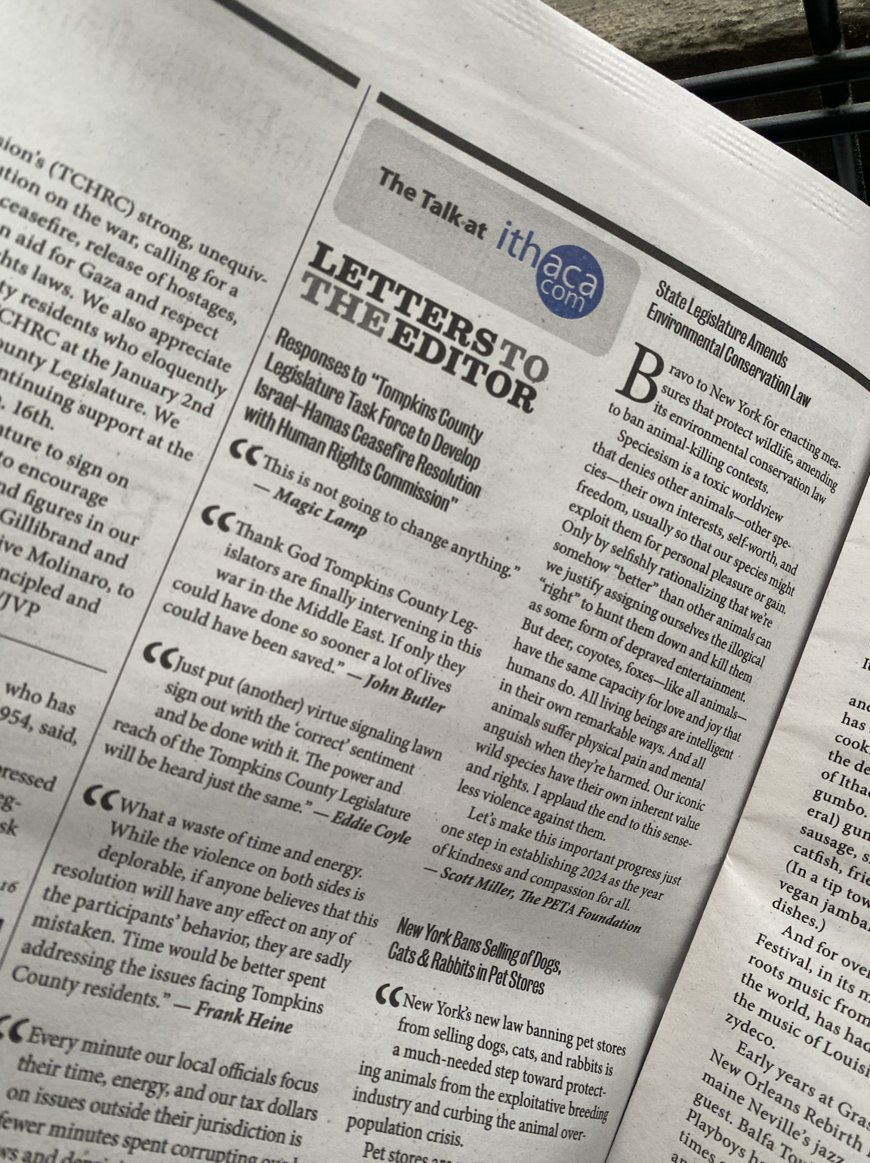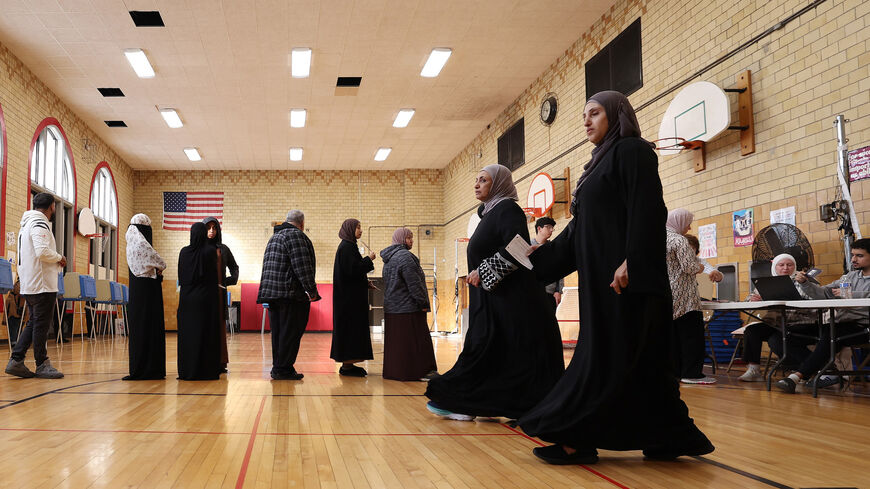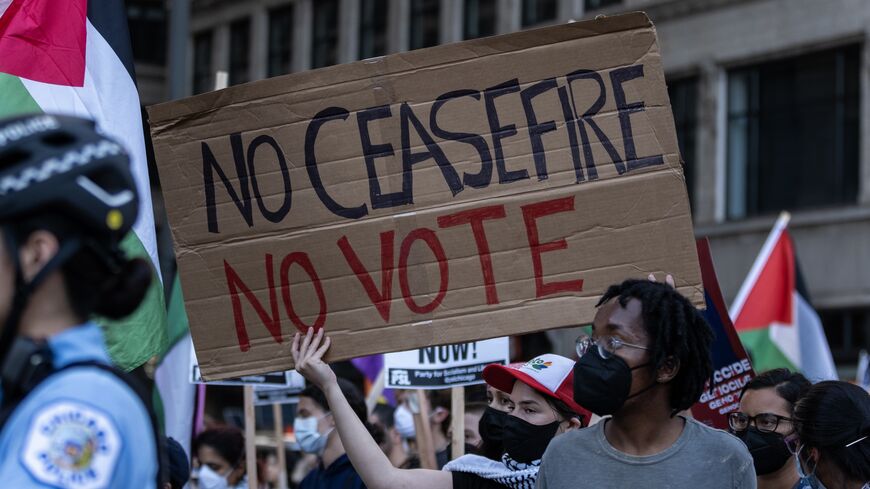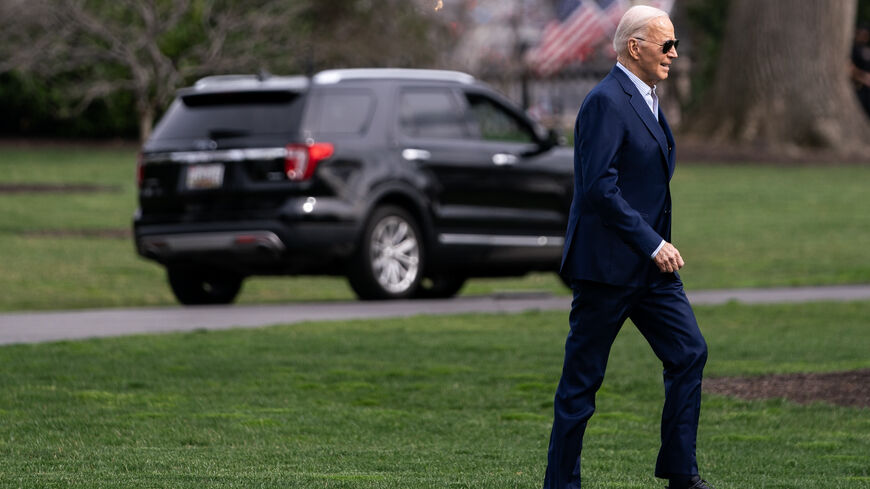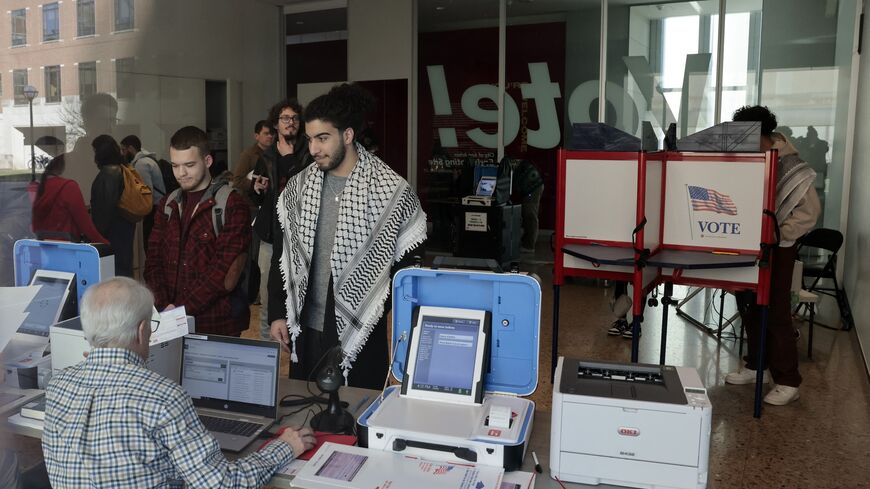How American town halls became Gaza cease-fire hotspots
Citing a lack of action in Washington, constituents have turned to local governments to see Gaza cease-fire resolutions passed that while merely symbolic, are causing tensions across cities in America.
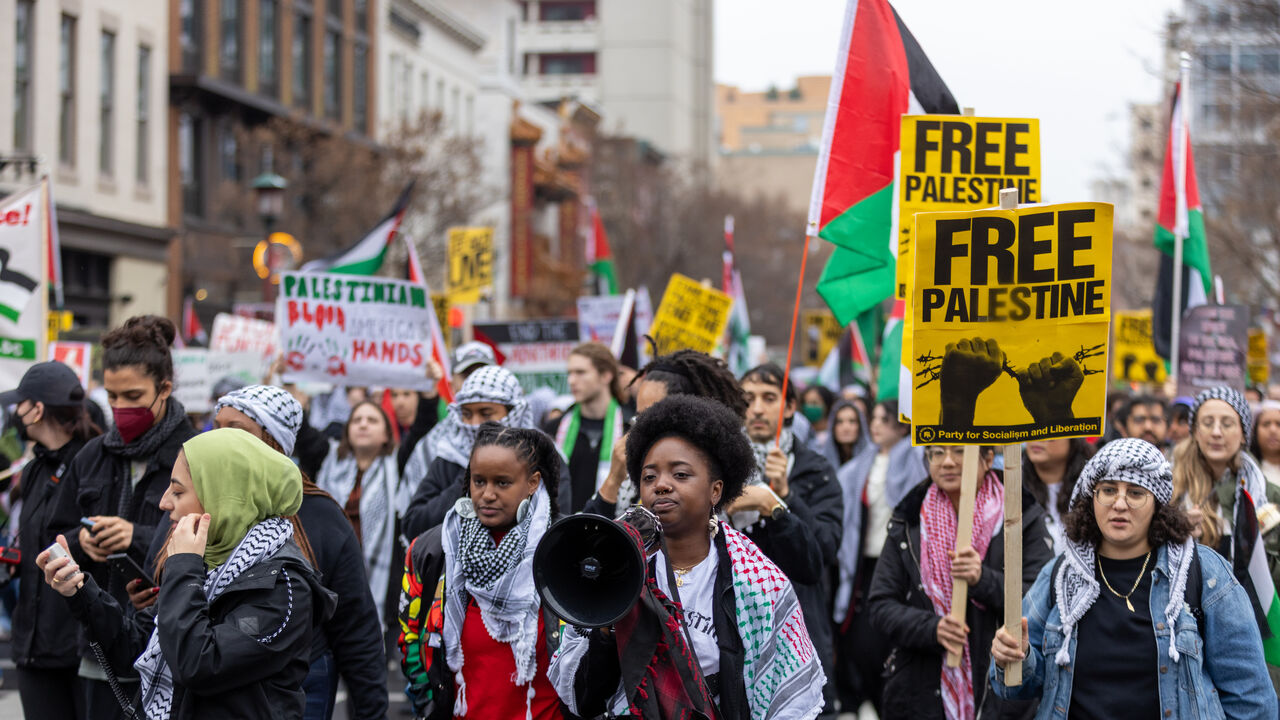
When Josefina Leit began her speech at Burlington’s city council meeting last week, the first-year student at the University of Vermont was hoping to sway the votes of council members. But by the end of the meeting, Leit found herself catapulted to viral fame, with a recording of her address amassing millions of views.
The college freshman was pushing for a ballot measure that called for Burlington, a city of just over 44,000 residents, to be an “apartheid-free community,” criticizing the events unfolding in the Gaza Strip, to be struck down. Going off script at the end, Leit said she was “appalled” that people were bringing up the Holocaust, saying, “Do not use other genocides to describe this one.” Immediate gasps could be heard on the meeting's sidelines, followed by Leit covering her mouth with her notecard, aghast at recognizing the error.
The video took off. Posts tagged #BurlingtonCityCouncil have 4.4 million views on TikTok, the vast majority featuring the clip of Leit speaking, dubbing it a "Freudian slip."
While the ballot measure in Vermont failed to pass, over in Minnesota, the Minneapolis City Council held a "veto-proof" 9-3 vote on Thursday supporting a permanent cease-fire in Gaza.
Minneapolis, notable for its sizable Somali population, joins a growing list of American cities calling for a cease-fire in Gaza. San Francisco supervisors voted 8-3 for an extended cease-fire in Gaza. In the suburbs of Boston, the Somerville City Council voted 9-2 for an "enduring cease-fire" and California’s Long Beach and Richmond City were among the first to vote for cease-fire resolutions back in December and October, respectively.
While city councils have no sway on a national, let alone international scale, the purely symbolic moves are beginning to create a divergence between Washington and cities across the country. In an election year that sees incumbent President Biden relying heavily on swing states such as Michigan, such resolutions signal the feelings of a community. In November, Detroit, Dearborn, Dearborn Heights and Hamtramck, key battlegrounds in the 2024 election for the Arab-American vote, all passed cease-fire resolutions.
Some cities, however, have skirted the issue. In Cleveland, Ohio, despite a letter signed by nearly 1,500 residents urging council members to pass a resolution, the council president said the move was not being considered at this point. Chicago, America’s third-largest city, voted Wednesday to postpone its cease-fire resolution vote as protesters filled the town hall.
Across the pond, the United Kingdom's Oxford City Council voted unanimously to call for an "immediate, permanent cease-fire" in Gaza at the end of November. Just days before, in a city outside of Manchester, the Preston City Council backed a motion calling for an “immediate cease-fire.” Further drama ensued when the Local Government Association had to issue a statement after a Kingston councilor sent a letter to 19,000 counterparts across the United Kingdom urging them to call for an immediate cease-fire.
Are citizens asking their local administrations to do what their capitals or national leaders will not? Many residents do seem to have taken that route across the United States. Will such efforts enact change? That’s harder to say.
In a January edition of the Ithaca Times, readers sent in responses to the county’s decision to develop a Israel-Hamas cease-fire resolution. One sarcastic reader wrote, “Thank god Tompkins County legislators are finally intervening in this war in the Middle East,” while another called the resolution mere “virtue signaling.”
City councils debate international resolutions
In recent years, city councils have taken national and international stances, amplifying their constituents’ voices. In 2020, city councils across the country, such as the second-largest city of Los Angeles, adopted Juneteenth as a city holiday following George Floyd’s murder.
On an international scale, after Russia invaded Ukraine in 2022, cities such as North Carolina’s Charlotte severed ties with its Russian sister city, symbolically showing support for Ukraine. The Cleveland City Council condemned Russia’s actions and called for the "strongest sanctions."
Though both are armed conflicts, one is proving more divisive for American city councils. In Berkeley, where two resolutions were passed in support of Ukraine’s independence and a cease-fire, while the town’s dialogue on a cease-fire in Gaza has seen three different cease-fire resolutions abandoned and council members walking out of city hall meetings.
In 2022, Berkeley Mayor Jesse Arreguin said, “There’s this feeling of what can we do about it, since we’re so far away? But we have to do everything we can, whether it’s cutting diplomatic ties, donating or even just flying the Ukrainian flag. And we want to do more.” In regard to the Israel-Hamas conflict, on Jan. 16, Arreguin and two council members said they don’t believe the city should make a statement.
Mass Protests
While dissent over US and UK policies have seen turnout in the thousands at protests in Washington and London, constituents pressuring local officials to pass resolutions is causing community tensions to build.
For many opposed to local Gaza cease-fire resolutions, such as Leit, division in cities is precisely the reason they don’t want to see such resolutions passed. “This resolution will not bring peace; it will bring division into this city. If you vote yes to this resolution you are knowingly causing tensions to rise,” she said.
“Tensions rise” has been a frequent headline emerging from city council meetings in Chicago, Rochester, Eastern, Boston, Berkeley and New York, where residents seem to feel that divisions might already be at a breaking point.

